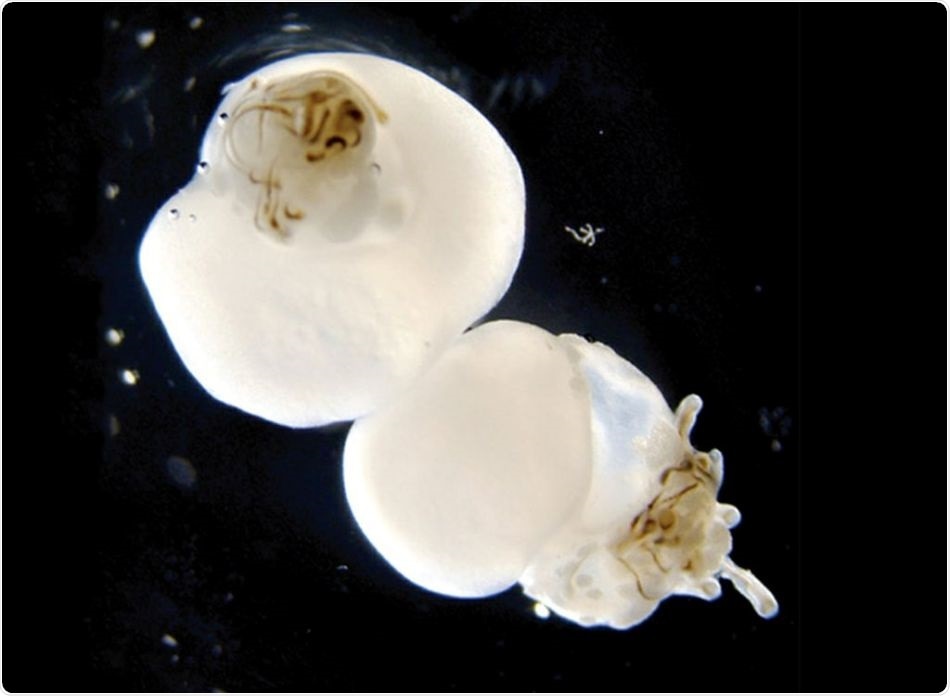Researchers have created a new, hair-germinating piece of human skin in the laboratory that might prevent hair loss in the days to come.

Researchers have developed a small, hair-growing skin model in the lab that could be used to better understand hair and skin disorders. Image Credit: Boston Children’s Hospital, Harvard Medical School/Karl R. Koehler and Jiyoon Lee
Organoids are tiny cell communities that are grown in laboratories and developed to model real-world organs, which happen to be the skin in this case.
A study, recently published in the Nature journal, explains the latest hairy creation as the world’s first hair-bearing human skin organoid produced from pluripotent stem cells, or the master cells that occur during the initial stages of embryonic development and subsequently convert into particular types of cells.
The development of the hirsute organoid was headed by Karl Koehler, PhD, formerly working at Indiana University School of Medicine and currently serving at Boston Children’s Hospital.
Benjamin Woodruff, a graduate student from Oregon Health & Science University, contributed to the study by making the organoids while he was working as a post-baccalaureate research technician in the Stanford University laboratory of Stefan Heller, PhD.
This makes it possible to produce human hair for science without having to take it from a human. For the first time, we could have, more or less, an unlimited source of human hair follicles for research.”
Benjamin Woodruff, Graduate Student, Oregon Health & Science University
With access to more hair-growing skin, the scientists can have a better understanding of the growth and development of hairs and perhaps offer clues required to reverse a receding hairline.
Source:
Journal reference:
Lee, J., et al. (2020) Hair-bearing human skin generated entirely from pluripotent stem cells. Nature. doi.org/10.1038/s41586-020-2352-3.